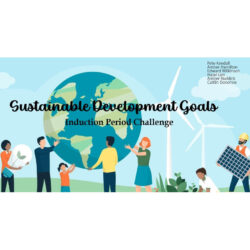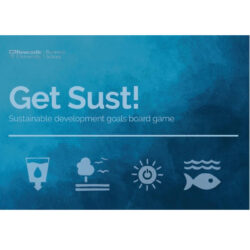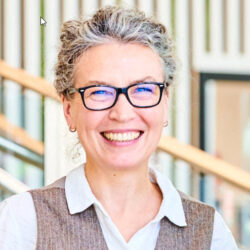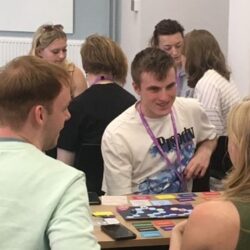Using Applied Pedagogy to Deliver Social Value, on a Management Consultancy module
Jo Clark, Lecturer in NUBS, describes working with a group of postgraduate MBA students to deliver a consultancy project, using the social value model, offering a real-life consultancy opportunity, adding authenticity and contemporary relevance to academic theory, testing students’ skills as business consultants, and delivering value to a client organisation.










